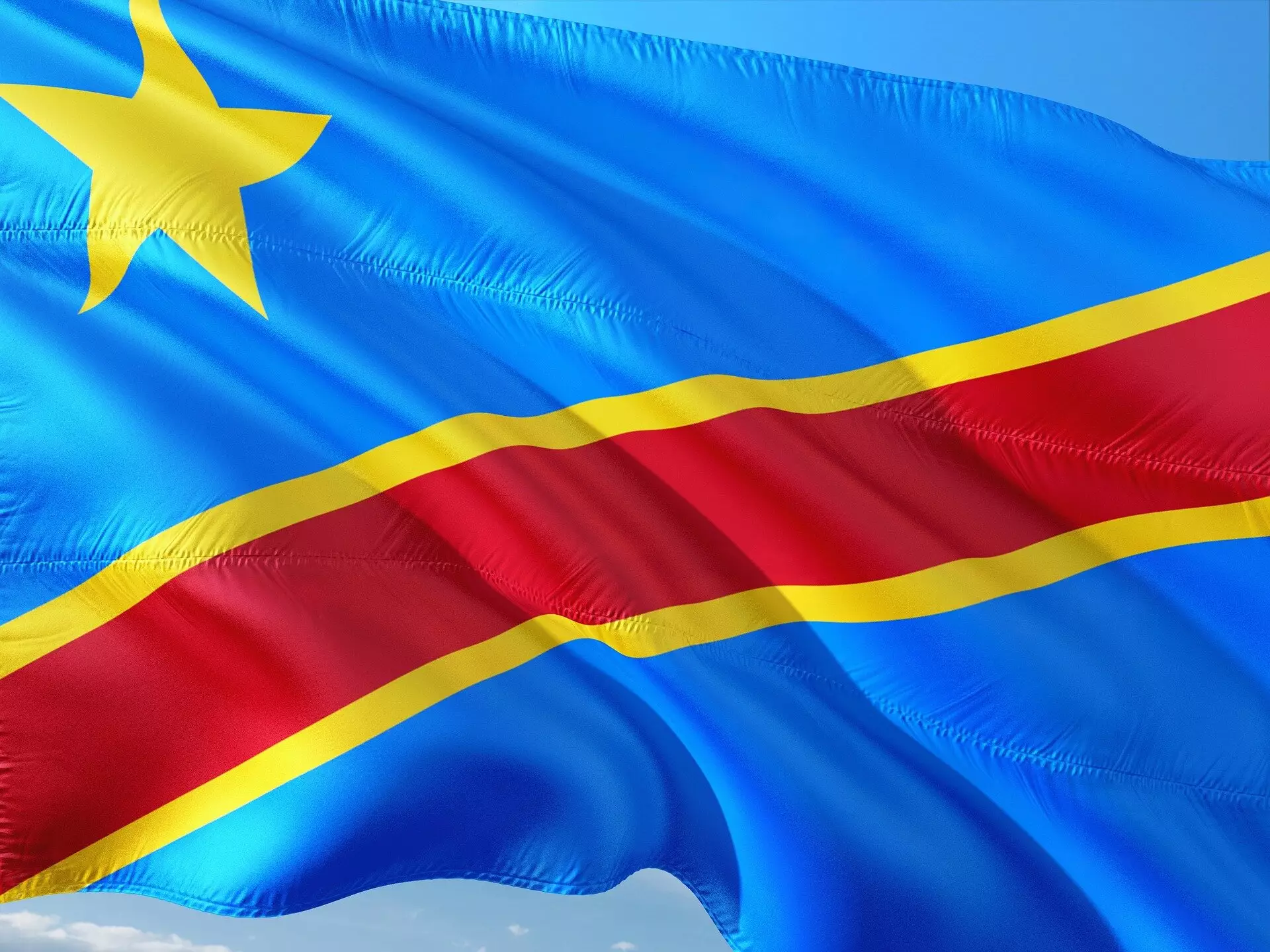The Democratic Republic of the Congo (DRC) is often depicted as a victim, caught in the crossfire of foreign exploitation amid the global scramble for its abundant mineral resources. However, recent studies suggest that the DRC wields significant influence in the cobalt market, particularly in the context of energy transition technologies. Cobalt plays a crucial role in manufacturing electric vehicle batteries, preventing overheating, and enhancing energy storage efficiency. Despite its wealth of resources, the DRC continues to grapple with widespread poverty and underdevelopment, indicating a disconnect between mineral wealth and local prosperity.
Cobalt’s importance cannot be overstated; it is foundational to the production of lithium-ion batteries powering today’s electric vehicles. Statistics reveal that the DRC produces roughly 70% of the world’s cobalt, making it a linchpin in the global transition towards renewable energy. This critical role has placed the DRC at the center of geopolitical maneuvering, particularly as countries like China dominate cobalt processing and battery production. China accounts for approximately 65% of the global cobalt processing market, underscoring its strategic advantage in this sector.
The rapid rise of electric vehicles, with one in five cars sold globally classified as electric in 2023, showcases the burgeoning demand for cobalt. As nations race to adopt cleaner energy solutions, the DRC’s cobalt resources are becoming increasingly pivotal in the global supply chain. However, while the DRC holds a crucial position in this market, the profits generated do not translate into tangible benefits for many local communities.
Despite its wealth derived from cobalt mining, the DRC remains one of the poorest countries globally, with approximately 74% of the population living in poverty. The vast revenues generated from the minerals often trickle up to the central government without meaningful improvements in the living conditions of those residing in mining regions. Many artisanal miners work under hazardous conditions, enduring unsafe practices that jeopardize their health and safety. Reports of child labor in cobalt mines further highlight the ethical challenges inherent in this industry, breeding worldwide scrutiny over the human cost of electric vehicle production.
This juxtaposition poses a troubling question: how can a nation so rich in natural resources face such pervasive poverty? The exploitation by powerful financial and political entities, both domestic and international, plays a critical role. Local communities see little benefit from the extraction of their natural inheritance, leading to resentment and calls for reform.
Understanding the dynamics within the DRC’s cobalt production reveals far-reaching implications for international stakeholders. Local governance and political maneuvering can disrupt global supply chains. For example, when the DRC government suspended exports from a major Chinese-owned cobalt mine in 2022 due to disputes over financial practices, it caused a significant 10% drop in global cobalt production. Such localized political actions illustrate how national leaders can harness their power over mineral resources to align with or challenge global manufacturers.
The interactions between Chinese companies and the DRC government additionally paint a picture of negotiation and conflict in an intricate web of dependency. While these companies may appear to dominate cobalt extraction, their operations are subject to the shifting landscape of local and national politics, ultimately impacting their production capabilities and financial viability.
In the context of a rapidly evolving energy landscape, it is essential for countries dependent on mineral resources to be recognized as partners rather than mere suppliers. The DRC’s position as a cobalt powerhouse should prompt foreign investors and governments, particularly from Western nations, to engage in more equitable partnerships. This could involve establishing localized supply chains that prioritize the DRC’s development, ensuring that mineral-rich regions are empowered rather than exploited.
Proposals such as fairer mining contracts, enhanced local processing capabilities, and stronger regulations on artisanal mining are viable avenues for fostering a more equitable cobalt market. Additionally, supporting initiatives aimed at community development and environmental protection would improve the living conditions of those impacted by mining activities.
As the world accelerates toward sustainable energy solutions, the DRC’s role in the cobalt market cannot be overlooked. Addressing the interests and needs of local communities is essential for creating a fairer and more responsible global supply chain. Just as governments and corporations are responding to climate change and adopting renewable technologies, they must also listen to the often-muted voices of the very individuals sacrificing their well-being for the minerals driving this transition. Only through genuinely collaborative efforts can we hope to generate a brighter and more inclusive future for resource-rich nations like the DRC.

